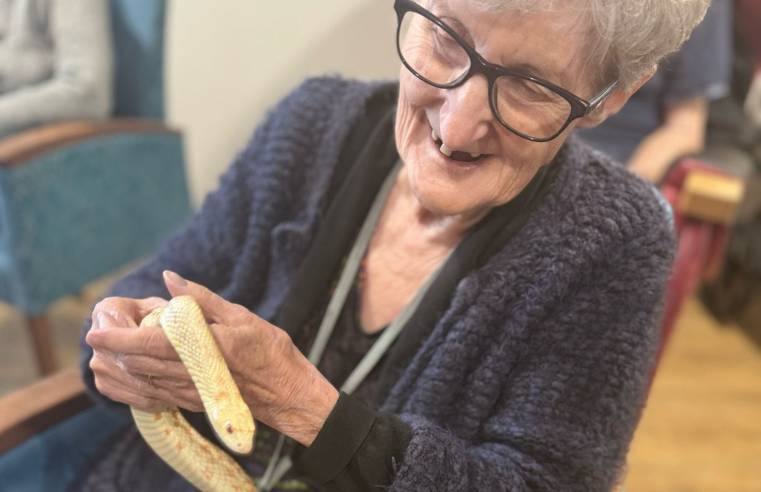A new study published in Age and Ageing, the scientific journal of the British Geriatrics Society, suggests maintaining a higher level of physical activity during middle age may be a key strategy for the prevention of dementia in older age.
The study, which was conducted by Tohoku University Graduate School of Medicine, surveyed 6,909 individuals over the age of 65 who lived in Ohsaki City, Japan. Subjects of the study were surveyed in both 1994 and 2006 about the amount of time they spent walking per day. Subjects were asked to choose one of three responses: “less than 30 minutes”, “30 minutes to an hour”, or “more than 1 hour”. Compared with those who remained in the lowest category of time spent walking (“less than 30 minutes” in both 1994 and 2006), those who remained in the highest category (“more than 1 hour” in both 1994 and 2006) had a 28% lower risk of incident dementia (relative risk: 0.72).
Past studies have suggested that physical activity, such as walking, can be a protective factor against dementia but this study suggests that maintaining a higher level of physical activity before older age is more important for the prevention of dementia than physical activity only in older age.
Dr Yasutake Tomata, Senior Assistant Professor at Tohoku University Graduate School of Medicine and Author of the Age & Ageing paper, said: “The findings of this study indicate the importance of maintaining a higher level of physical activity during middle age to prevent dementia in later life.
"Because ageing-related changes in the brain begin from early adulthood, we should pay attention to our lifestyle from a younger age. This result is just one of piece of the evidence, we expect further long-term studies.”
The Age & Ageing paper can be viewed here.
www.bgs.org.uk


























